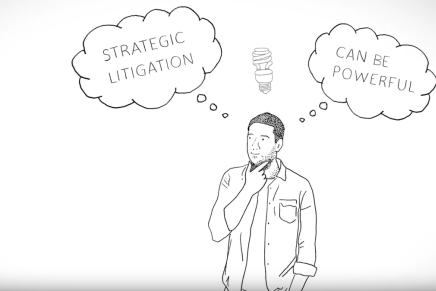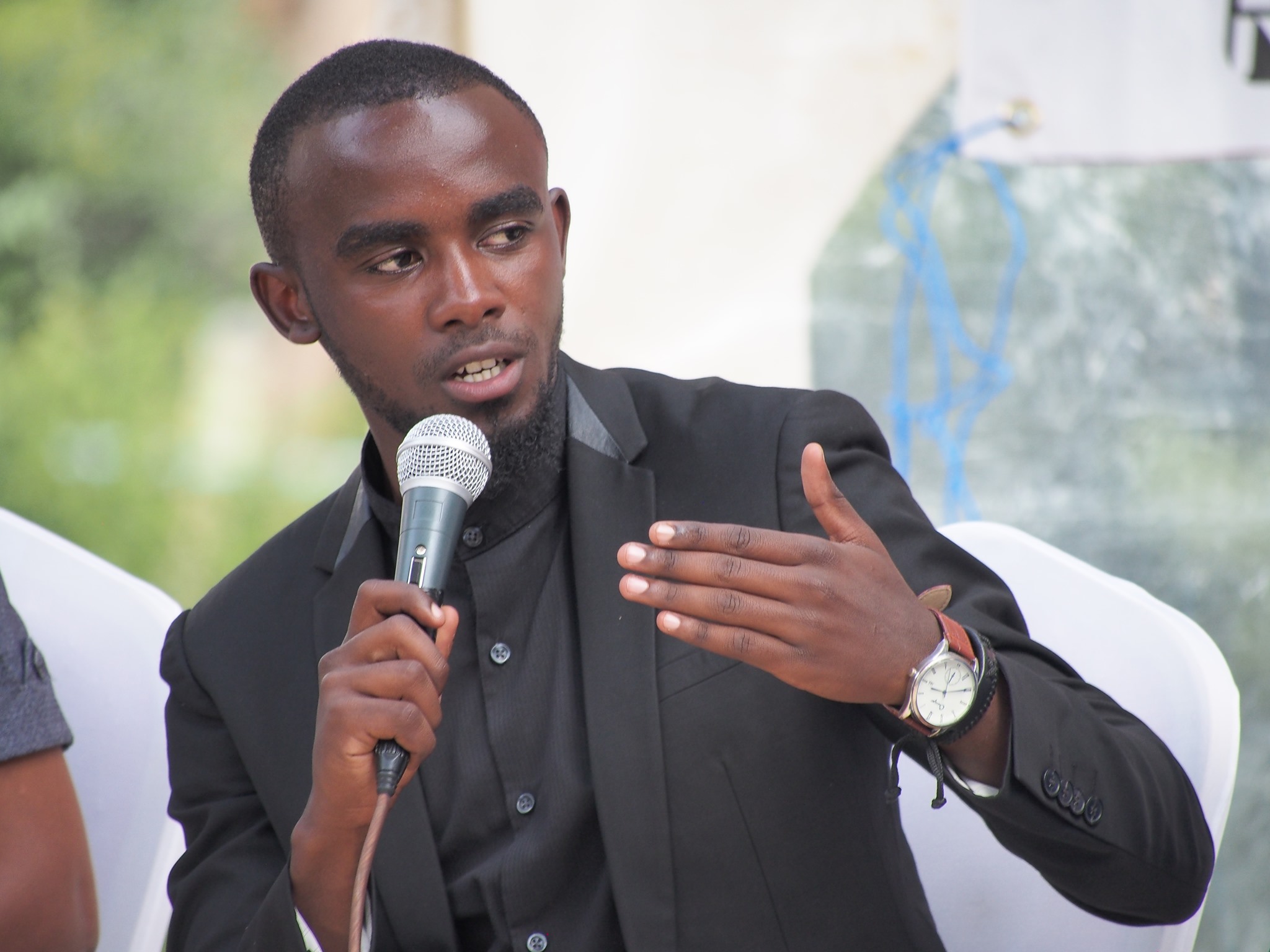
By Emmanuel Brian Mbuthia, Disability Inclusion Advocate – The Stronger Project Kenya
Strategic litigation involves carefully planned legal action aimed at achieving broader social, political, or policy objectives, rather than just individual remedies. It strategically targets specific cases to set legal precedents, challenge discriminatory practices, and promote systemic change. When it comes to disability rights, strategic litigation can be a potent tool for persons with disabilities to influence policies and build social inclusion. Here's how it works, incorporating insights from the Convention on the Rights of Persons with Disabilities (CRPD) and the Kenyan Constitution:
“Strategic litigation in disability advocacy is a powerful tool for advancing the rights and well-being of individuals with disabilities. It involves using the legal system to challenge discriminatory practices, seek policy changes, and promote inclusivity”
1. Identifying Discrimination and Violations:
- CRPD Article 5 - Equality and Non-Discrimination: This CRPD provision mandates that states parties prohibit all discrimination based on disability. Discriminatory policies or practices can be identified using this standard.
- Kenyan Constitution, Article 27 - Equality and Non-Discrimination: This constitutional provision guarantees equal protection and benefit of the law and prohibits discrimination. It serves as a powerful foundation for challenging discriminatory policies at the national level.
2. Establishing Legal Standing:
- CRPD Article 12 - Equal Recognition Before the Law: This article supports the legal capacity of persons with disabilities, ensuring their right to access justice and challenge discriminatory policies.
- Kenyan Constitution, Article 22 - Access to Justice: This article guarantees the right to access justice, ensuring that persons with disabilities have legal standing to bring cases to court.
3. Building Alliances and Expert Support:
- CRPD Article 4 - General Obligations: This article emphasizes the importance of involving persons with disabilities and their representative organizations in the formulation and implementation of legislation and policies.
- Kenyan Constitution, Article 10 - National Values and Principles of Governance: This article emphasizes public participation and inclusion, providing a legal basis for involving disability advocacy groups and individuals in policy-making processes.
4. Challenging Discriminatory Policies:
- CRPD Article 8 - Awareness-Raising: This article highlights the need for awareness campaigns to promote positive perceptions and greater social understanding of persons with disabilities, crucial for changing discriminatory policies.

- Kenyan Constitution, Article 43 - Economic and Social Rights: Access to social and economic rights is emphasized, providing a foundation for challenging policies that deny persons with disabilities their rightful benefits and services.
5. Setting Legal Precedents:
- CRPD Article 9 - Accessibility: This article underscores the importance of accessibility, providing a basis for challenging policies that neglect the accessibility needs of persons with disabilities.
- Kenyan Constitution, Article 54 - Rights of Persons with Disabilities: This article recognizes the rights of persons with disabilities, serving as a legal basis for demanding policies that ensure their social inclusion and equal participation.
6. Advocating for Systemic Change:
- CRPD Article 33 - National Implementation and Monitoring: This article emphasizes the establishment of focal points and coordination mechanisms within governments to promote implementation, monitoring, and evaluation of policies, creating pathways for systemic change.
- Kenyan Constitution, Article 259 - Implementation of the Constitution: This article outlines the duty of the state and public officers to implement the Constitution, ensuring the enforcement of rights and policies promoting social inclusion.
By leveraging these legal frameworks strategically, persons with disabilities and their advocates can challenge discriminatory policies, demand systemic changes, and promote social inclusion. Through well-planned litigation, individuals can pave the way for a more inclusive society, not only in Kenya but also serving as a model for disability rights advocacy globally.